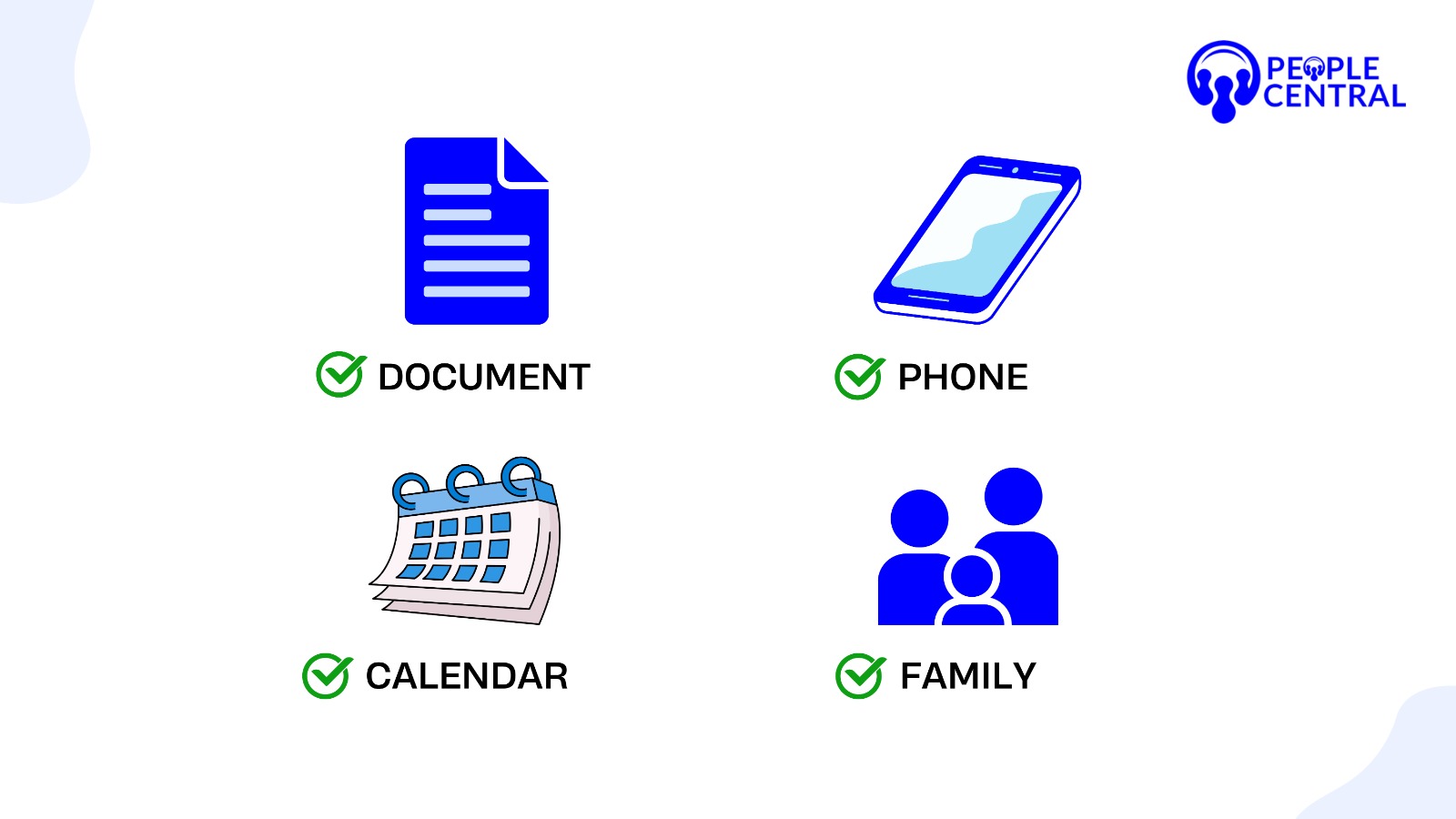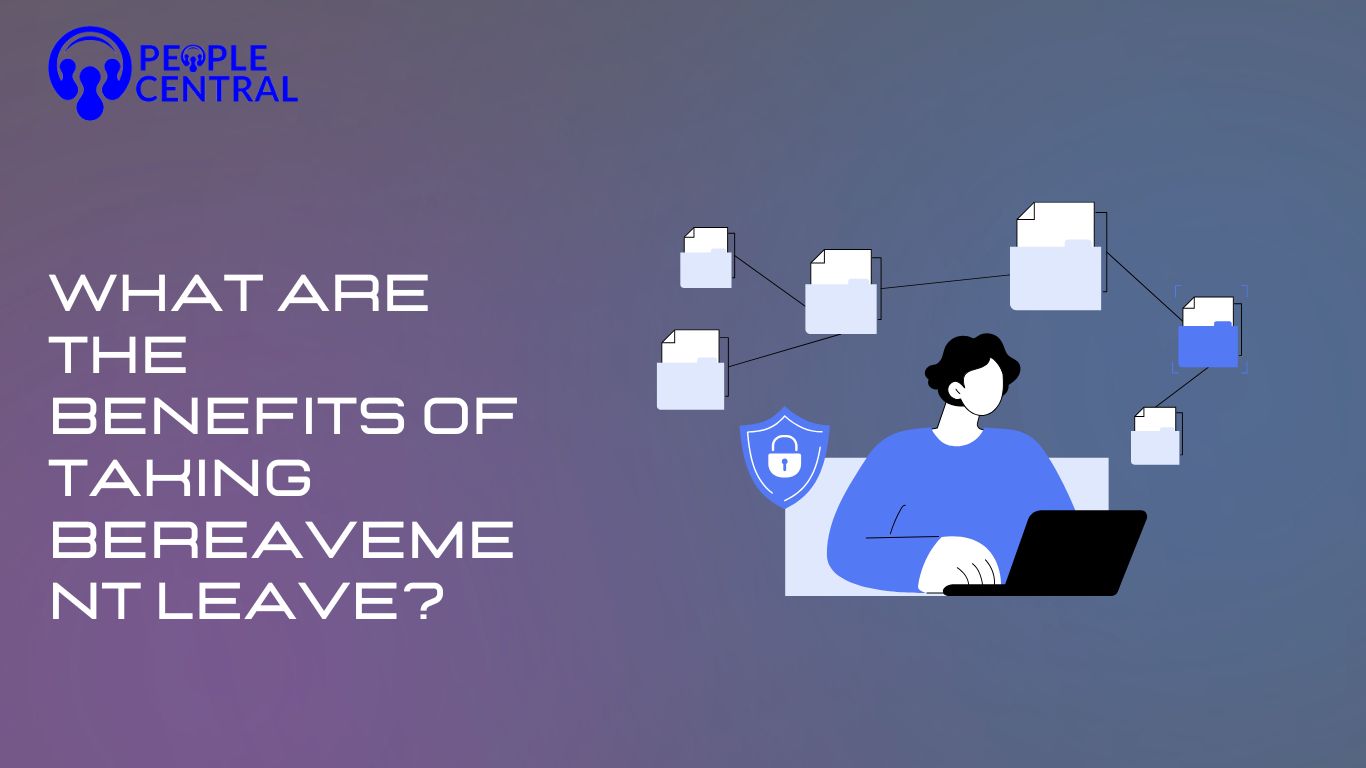The loss of a loved one is one of life’s most challenging experiences. In Singapore’s fast-paced work culture, taking time off to grieve might feel like a luxury we can’t afford. However, bereavement leave serves a crucial purpose in helping us navigate the complex journey of loss and healing.
Understanding Bereavement Leave in Singapore
In Singapore, bereavement leave, often referred to as compassionate leave, is a benefit offered by many employers. It is not a statutory entitlement, unlike annual or sick leave, as stated by the Ministry of Manpower. However, should an immediate family member pass on, most companies offer 2-5 days of paid bereavement leave.
Also Read : What Are The Benefits of HR Software in 2025?
Bereavement Leave: The Essential Benefits
1. Emotional Processing and Healing
The first few days following the loss are very important for emotional processing. According to the Singapore Association for Mental Health, allowing oneself time to grieve is the key to one’s well-being mentally. During a busy back-to-work schedule after all is said and done, rushing right back to work might hinder the healthy expression of emotions that desperately call for it.
2. Managing Practical Matters
In addition to healing emotionally, there are numerous practical matters to deal with after the death of a loved one. These are, in the context of Singapore, usually:
- Making funeral arrangements
- Obtaining advice from religious clergy
- Handling paperwork and documentation
- Coordinating with family members
- Handling estate matters
The National Environment Agency describes post-death procedures requiring immediate attention, thus reinforcing the importance of bereavement leave to facilitate their performance.

3. Supporting Family Unity
Being family-oriented means being present for family and relatives at all times, more so during numbing times. Bereavement leave will therefore enable us to:
- Engage in traditional mourning
- Provide support for elderly family members
- Console younger family members
- Keep the family together at dusk of trauma
4. Mental Health Preservation
The Institute of Mental Health avers that unprocessed grief can manifest into a more serious disorder. Bereavement leave helps in this respect:
- Avoid burnout due to working while grieving.
- Avoid depression due to the lack of wholesome processing of one’s emotion.
- Avoid anxiety due to not giving oneself adequate time before returning to work.
- Avoid the emotional and psychological damage of carrying a deep-seated grief into a person’s conscious mind through repressed emotions.
5. Professional Benefits
While it may not seem the most obvious decision, practicing leave after the death of a family member may actually serve you well professionally. According to the Singapore National Employers Federation, workers who take time off to grieve properly return to work with a sharper focus and improved productivity. This is actually the time for you to:
- Regain emotional stability before returning to work
- Maintain your focus in making decisions
- Retain professional relations by not working while being emotionally affected
- Put in an even better performance when you return
6. Cultural and Religious Observances
Different mourning practices among communities owing to the multiculturalism of Singapore require bereavement leave to allow proper cultural observance. What constitutes appropriate time is open to interpretation. As such, bereavement practices of Hinduism may last over multiple days. Islamic burial rights have to be completed within 24 hours, while those of Chinese traditions can extend to a week or more.
Also Read : IRAS Tax Filing Tips For Singapore 2025
Making the Most Out Of Your Bereavement Leave
Although it is an extension of time for mourning and grieving, here are some excellent pieces of advice on maximizing the bereavement leave:
- Speak with your employer openly about what you require
- Do not feel guilty about using your deserved time
- Allowed time should be used for practical matters and also to process the grief
- If required, seek professional help through services such as HCSA Community Services.
- Keep in touch with family members and support systems
Moving Forward
While working within an environment of resilience and productivity has its positive aspects, the ceremony of taking bereavement leave should not be viewed as weakness but part and parcel of one’s healing process. Such progressive companies recognize this and are slowly bringing in more comprehensive bereavement leave policies in place.
The bottom line is that bereavement leave offers much more than the few days to attend to grieving. This is an investment in emotional wellness, family ties, and career growth. Recognition and respect of bereavement leave renders itself an important aspect in light of the broader context of workplace wellness that is evolving in Singapore.
Grief does not adhere to a schedule. The opportunity to have a few days to start processing your loss can really help set the tone for your journey toward healing. Don’t hesitate to add bereavement leave to your time off if you are dealing with the death of a loved one; that is one of the best resources available to you for coping with one of life’s biggest transitions.








 5
5


























